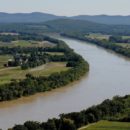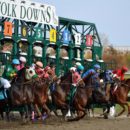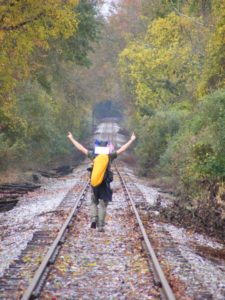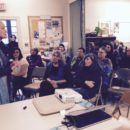Massachusetts Governor Charlie Baker is again pushing an environmental bill that — if funded — would allow the state to take the reins of a federal water protection program.
Massachusetts is one of four states that leaves it to the federal government to administer a clean water permit program. New Hampshire is another.
Baker’s bill, which failed last session , would increase staff at the state Department of Environmental Protection, allowing sewage permits, for instance, to be more frequently reviewed, and water to be tested more often.
Environmental Groups Divided
While the Conservation Law Foundation said lawmakers should reject Baker’s proposal because it’s underfunded, the Connecticut River Watershed Council’s Andrew Fisk said his group supports the bill.
“The governor’s putting Massachusetts money forward which is great,” Fisk said. “He needs to put more money forward, that can’t be subject to political winds.”
The state effort is all the more important, Fisk said, because of proposed cuts at the federal Environmental Protection Agency.





